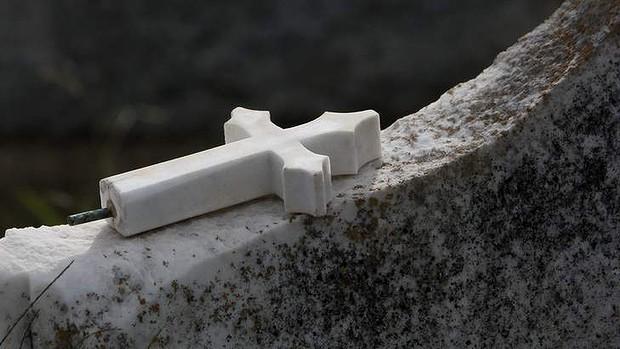Church Must Face Past to Build a Strong Future
By Francis Sullivan
Not long after starting with the Truth, Justice and Healing Council, which has been set up to provide the Catholic Church's response to the royal commission into child sexual abuse, I spent a day in Melbourne meeting a group of victims of clerical sexual abuse. For more than four hours I sat and listened to their stories, the horror they endured, and the betrayal they felt. It was harrowing and confronting and it brought home to me how removed I was from their experiences. After the final person had finished their story I was asked what I had to say. I look at the group and said I didn't know what to say - that I had no answers. All I could eventually say was that I would do my best. After a long pause, a 50-year-old man looked at me and said: "Don't you dare let us down again." His comments haunt and motivate me and beg the question, what does ''not being let down'' mean for people who have suffered so much? From my perspective it means a number of things. Primarily, victims must be allowed to tell their stories, to stand up and be heard, no matter how long it takes to find the words, and the courage. The second thing is the importance of the disposition of the Catholic Church towards people who have been abused. People have an expectation about what a church stands for and what it believes in. Apologies only mean something when people feel them, believe they are sincere and trust that action will follow. We need to put in place better processes and show contrition that says, you are damaged, we believe you, we are sorry, we want to help you heal and we are working to make sure that what you went through never happens to anybody else. This will require commitment to compassion within the church and openness to reform. We should go beyond the statutory requirements and put in place the most stringent working-with-children checks available. We need to be able to identify when a child might be at risk. Priests, religious leaders, community leaders and others working with children need to be able pick up on the signals. They need to be trained to recognise and respond to a child who is showing signs of abuse. We need to build processes and practices that help victims heal, that enable them, if they wish, to return to the church, that enable them to live their lives in the best way possible. This process must include fair and just compensation. Over the coming months the Truth, Justice and Healing Council will develop advice on these and other issues that will be provided to the church leadership. The advice will act as a map that ensures that children within Catholic Church organisations are protected and victims receive justice and are treated fairly and with compassion. We are collecting and collating documents for the royal commission in response to the commission's notices to produce documents. So far more than 24 notices have been issued to bishops, congregation leaders, Catholic education offices and other church entities. At the end of May some 150,000 documents had been collected and around 24,000 had been handed to the commission. The remainder will be passed on after being sorted and filed. This is time-consuming, intense work. It brings together everything the commission is after: every file, every policy, every incident report that touches on child sexual abuse. When complete, the documentation will provide a comprehensive picture of the Catholic Church's response to incidents of child sexual abuse within its institutions over the past half-century. While much remains to be done, it is important to acknowledge that the church has made a concerted effort to build a responsive and inclusive reconciliation process for victims. As part of the Melbourne Response and Towards Healing, the Catholic Church has put in place pastoral processes to allow victims to engage with the church outside the legal process. Both these approaches were ground-breaking and well ahead of their time. Their intent is to meet victims in a pastoral relationship as opposed to an adversarial, legal approach. Reviews of both these protocols will be a significant part of the work of the council. There is no doubt the royal commission is a crucial exercise for victims and also for the future of the Catholic Church in Australia. People against whom crimes have been committed have the right to expect justice. The Australian community has been kept in the dark for too long. We all need to hear how our church and others, including other churches, institutions and state and federal governments, handled or mishandled child sex abuse cases. This is a dark period in the history of not just the church, but of our nation, and only when the truth comes out can sustainable healing begin. Francis Sullivan is CEO of the Truth, Justice and Healing Council, which is the body overseeing the Catholic Church's response to the Royal Commission into Institutional Responses to Child Sexual Abuse.
|
.
Any original material on these pages is copyright © BishopAccountability.org 2004. Reproduce freely with attribution.
